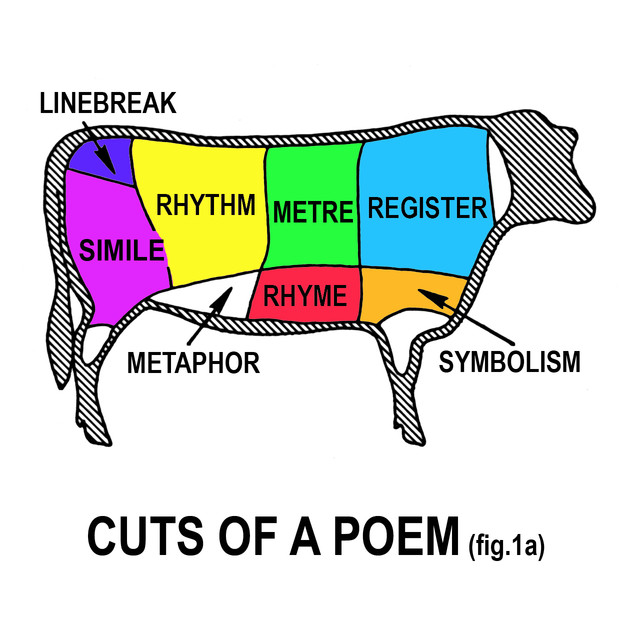Shouldn’t LA have a film director l’eminence instead of a poet-laureate?
of what do I think
film, television
Paramount Pictures,
Universal studios,
Warner Brothers
Not a Poet Laureate
and the business of rhyme and reason,
rhetorical devices to take
LA to the world.
It is already there.
**
Pardon my effort at poetry (I have not tried the form since I was seven, thankfully, you might say) but I was moved to versify about Los Angeles cause it’s Oscars season and I have just read that the sprawling southern California city has a poet laureate.
It has become a very fashionable thing for a city to do, getting its own poet laureate. Back in 2013, The New York Times was reporting this guesstimate from the Academy of American Poets: at least 35 large American cities have poet laureates and smaller conurbations are getting their own rhyme-sters in a showy attempt to bare their soul.
Sometimes, to very little purpose, going by the efforts of Fresno, California. Its first poet laureate. James Tyner’s inauguration poem, ‘Fresno, California. 2013’, crushingly described his city as “a bathroom stop” rather than a destination.
There’s probably a great deal more for a poet laureate to say about Los Angeles, but surely that is a city that should speak more visually considering its place in world cinematic history?
Not so, going by the offerings of the two poet laureates LA has had so far, both of whom are great and insightful writers. Luis J. Rodriguez, currently serving his two-year term, succeeded Eloise Klein Healy, who didn’t grow up in LA but embraced the city and California state in her writing. (I’ve put an evocative poem by her ‘Changing what we mean’ at the bottom of this blog).
As the NYT noted, “the poet laureate has become a novelty item”. Even when a city has other, more famous novelties. Los Angeles perhaps should have plumped for a film director l’eminence rather a poet-laureate.
Changing what we mean
BY ELOISE KLEIN HEALY
Turning your back, you button your blouse. That’s new.
You redirect the conversation. A man
has entered it. Your therapist has given you
permission to discuss this with me, the word
you’ve been looking for in desire.
You can now say “heterosexual” with me. We mean
different things when we say it. I mean
the life I left behind forever. For you, it’s a new
beginning, a stab at being normal again, a desire
to enter the world with a man
instead of a woman, and of course, there’s the word
you won’t claim for yourself anymore, you
who have children to think of, you
who have put me in line behind them and mean
to keep the order clear. It’s really my word
against yours anymore in this new
language, in this battle over how a man
is about to enter this closed room of desire
we’ve gingerly exchanged keys to, but desire
isn’t what’s at issue anyway, you
say to me. Instead I learn a man
can protect you in a way a woman only means
to but never can, and my world is too new
when there’s real life out there, word
after word for how normal looks, each word
cutting like scissors a profile of desire—
a man facing a woman, nothing particularly new
or interesting to me. I’ve wanted only to face you
and the world simultaneously, say what I mean
with my body, my choice to not be a man,
to be a woman with you, forget the man’s
part or how his body is the word
for what touch can contain, what love means.
If this were only about desire,
you say, I’d still desire you.
But it isn’t passion we’re defining, new
consequences emerge when a man and desire
are part of the words we hurl, you
changing how you mean loving—this terrible final news.


